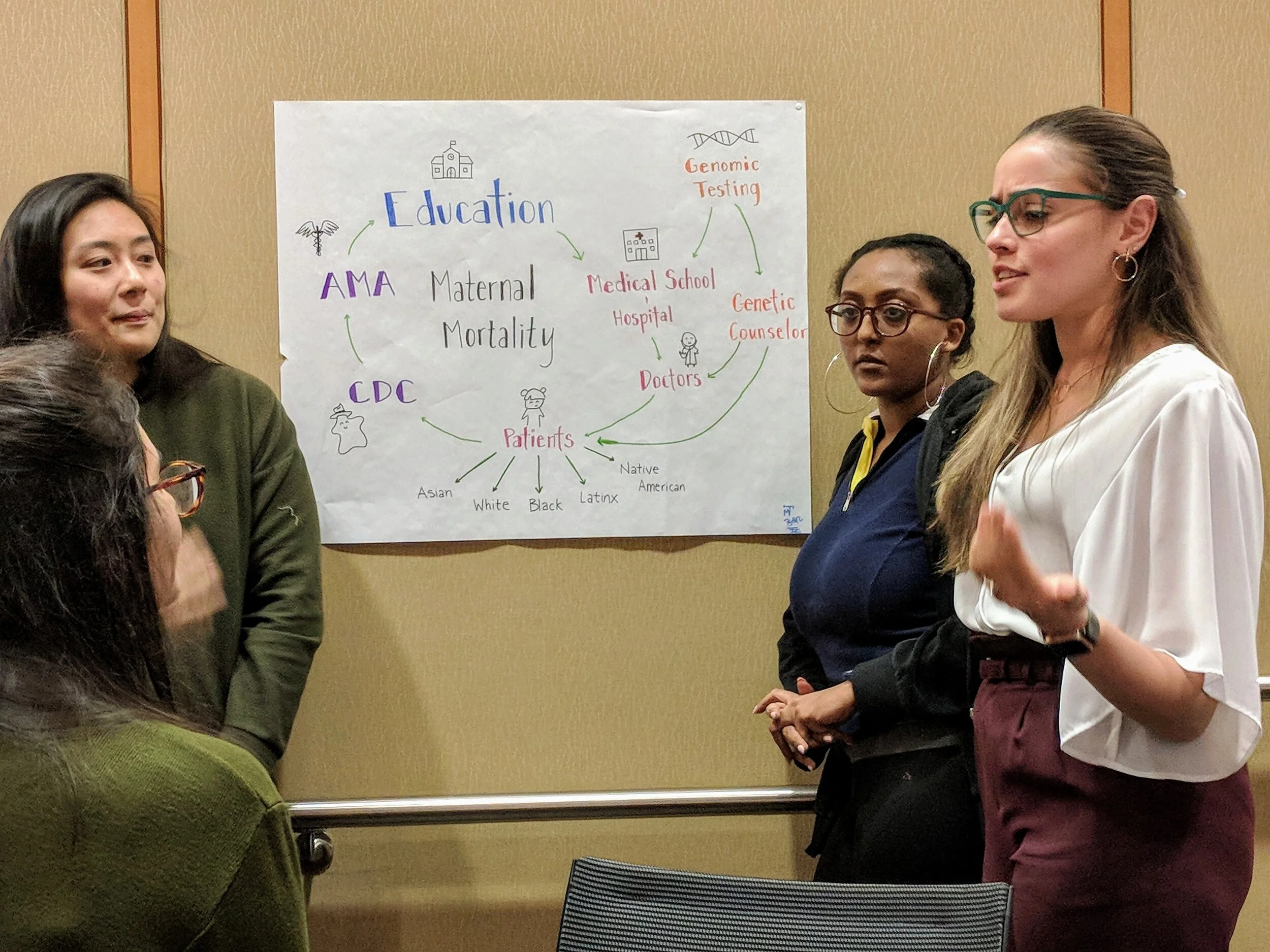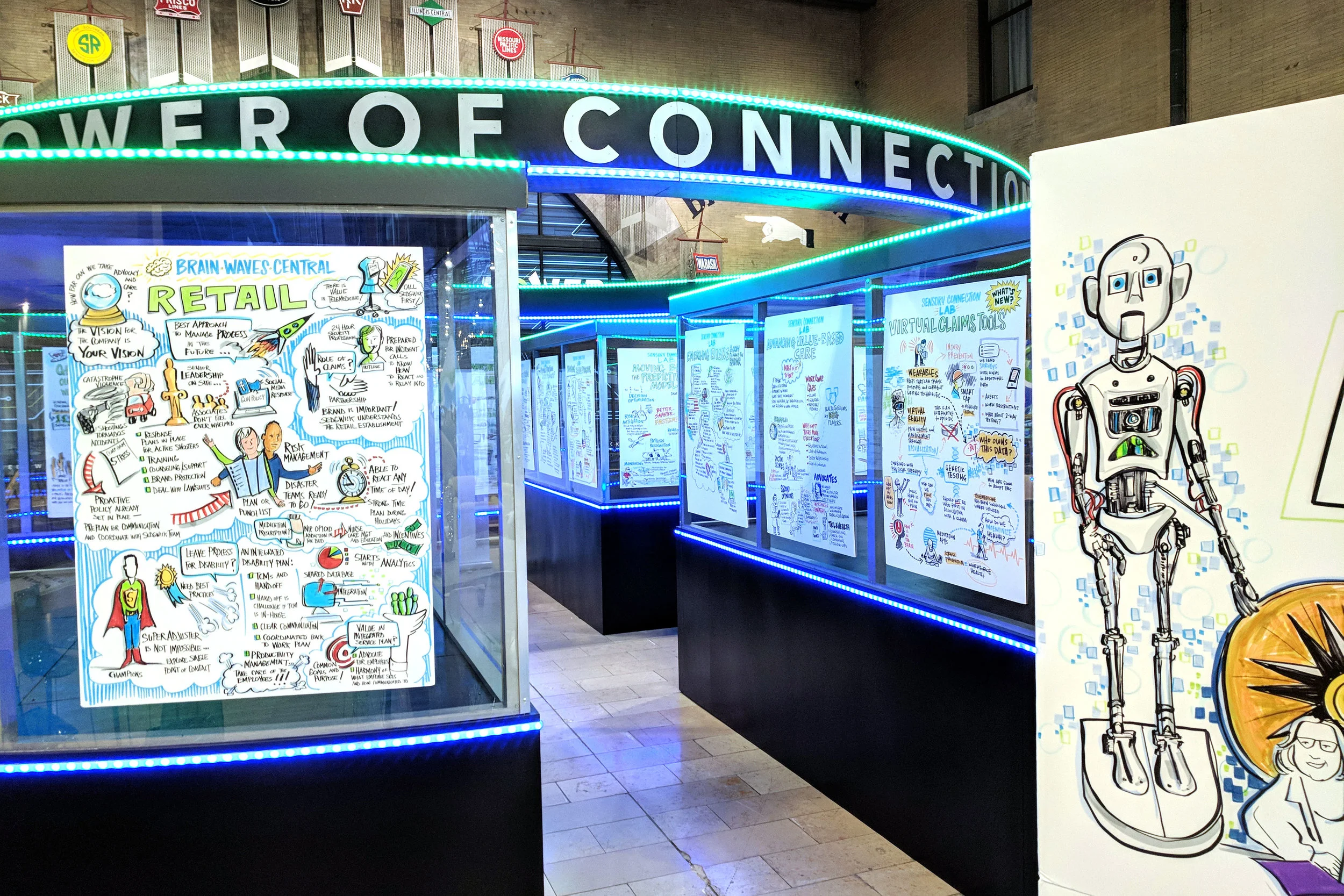Highly intelligent, confident, and successful, alpha males represent about 70% of all senior executives. Natural leaders, they willingly take on levels of responsibility most rational people would find overwhelming. But many of their quintessential strengths can also make alphas difficult to work with. Their self-confidence can appear domineering. Their high expectations can make them excessively critical. Their unemotional style can keep them from inspiring their teams. That's why alphas need coaching to broaden their interpersonal tool kits while preserving their strengths.Drawing from their experience coaching more than 1,000 senior executives, the authors outline an approach tailored specifically for the alpha. Coaches get the alpha's attention by inundating him with data from 360-degree feedback presented in ways he will find compelling.Such an assessment is a wake-up call for most alphas, providing undeniable proof that their behavior doesn't work nearly as well as they think it does.
That paves the way for a genuine commitment to change. To change, the alpha must admit vulnerability, accept accountability not just for his own work but for others', connect with his underlying emotions, learn to motivate through a balance of criticism and validation, and become aware of unproductive behavior patterns.
The goal of executive coaching is not simply to treat the alpha as an individual problem, but to improve the entire team dynamic.



 How does a propensity for self-sacrifice evolve?
How does a propensity for self-sacrifice evolve?





